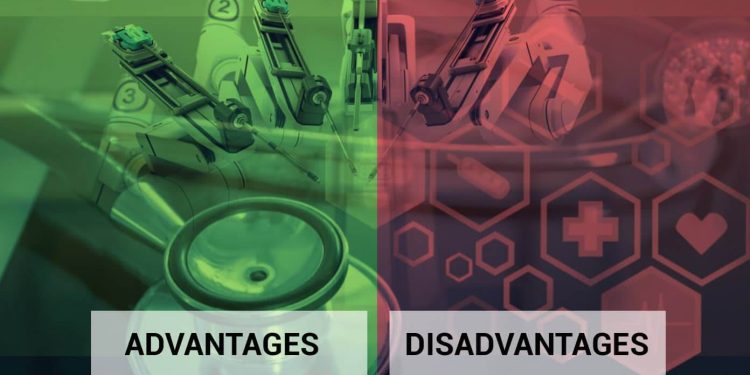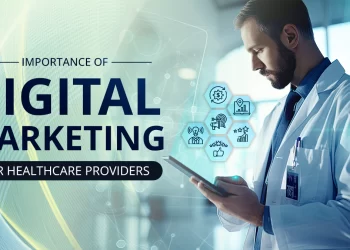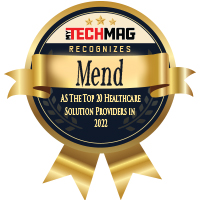Over the past few years, the world has seen an explosion of tech-driven advancements and technology trends that can potentially reshape many aspects of healthcare. From AI to personal genomics, medical technology is advancing rapidly. While many people are thrilled by these developments, there are some apprehensions too. This article looks at the good and bad sides of medical technology and how it is affecting healthcare.
Medical Technology in Healthcare: Advantages and Disadvantages
When we talk of medical technology, it is only the benefits that are often discussed. Here, we will try to take a look at both the good and bad of medical technology.
Digitization of medical records – advantages and disadvantages
Advantages:
Electronic Health Records (EHRs) are replacing outdated paper records, which have enhanced patient care, improved public health, eased work flow and lowered healthcare costs.
Disadvantages:
Due to the lack of interconnectivity in many networks, medical professionals face difficulties communicating with each other. This lack of communication may result in bad consequences for the patients.
Big Data and the cloud
Advantages:
Big data refers to the huge amount of data collected, processed, and analyzed to aid the healthcare sector in many ways, such as – reducing healthcare costs, avoiding preventable deaths, reducing biomedical waste, developing new drugs, and improving the overall quality of healthcare. The cloud makes this data accessible to medical professionals worldwide, which they use for various purposes.
Disadvantages:
As per NCBI, one possible disadvantage of big data in healthcare is misguided decision-making by healthcare professionals and policymakers. With data sharing using the cloud, there are always risks of serious security breaches.
Artificial Intelligence
Advantages:
Integration of Artificial Intelligence into the healthcare ecosystem allows for a multitude of benefits, such as the creation of an efficient healthcare ecosystem, early prediction of specific disease risks, shortening the time of medical procedures, and making surgeries more error-free.
Disadvantages:
Touted as one of the best innovations in the field of healthcare, AI comes with several disadvantages, too, such as a lack of empathy towards the patients, risk of medical record hacking, and incorrect diagnoses due to the lack of sufficient data.
Information and communication technology (ICT)
Advantages:
Information and communication technology (ICT) includes smartphones, emails, telemonitoring systems, and telemedicine, which are used to share information in the field of healthcare. ICT has especially proved beneficial for the remote and rural areas where previously healthcare was inaccessible. Information and communication technology (ICT) has enabled better diagnostics, health management, education, counseling, and support.
Disadvantages:
While ICT undoubtedly offers countless benefits, they too come with several disadvantages, such as – increasingly impersonal patient-doctor interactions; also there are always risks of human error due to poor communication while consulting doctors remotely.
Is technology benefitting medical professionals or replacing them?
In the field of healthcare, technology is greatly assisting humans in making healthcare better than ever before. For example, Artificial Intelligence allows for performing the tiniest and the most accurate surgeries. As a result, the overall experience of the patients is improved, and they recover quickly.
On the downside, many tasks that humans traditionally performed can be performed by machines nowadays. For example, Chatbots are providing mental health assistance to patients; AI can analyze patients’ conditions, track their vital parameters, and even analyze X-rays with great accuracy for better health management. For this reason, many workers in the field of healthcare fear losing their jobs.
Despite all these arguments, it is unlikely that technology will replace humans because:
- Technology can never replace the human touch.
- The technology relies on data quality, whereas humans use their skills, intelligence, and judgment.
Final Words
Despite many concerns, it cannot be denied that the advantages outweigh the disadvantages of medical technology. As far as technology replacing human beings is concerned, there is no match for human intelligence and judgment. Technology can only complement humans in making healthcare better. After all, it’s the human brain behind all these technologies too.







